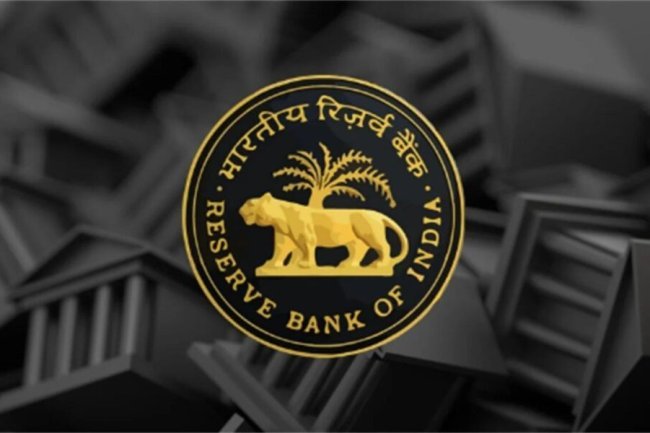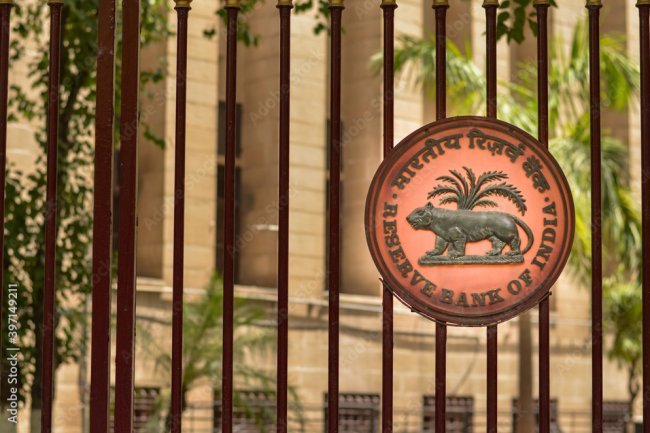RBI Governor Pushes for Lower Cost and Faster Cross-Border Remittances to Boost Global Financial Connectivity
RBI Governor Shaktikanta Das highlights the need to reduce time and cost for cross-border remittances, emphasizing the role of AI, CBDCs, and real-time gross settlement systems in improving global financial connectivity. He also warns of financial stability risks linked to digitalization and divergent global monetary policies.

RBI Governor Pushes for Lower Cost and Faster Cross-Border Remittances to Boost Global Financial Connectivity
RBI Governor Shaktikanta Das emphasized the need to reduce the time and cost of cross-border remittances, a crucial financial resource for developing economies like India. Speaking at the 'Central Banking at Crossroads' conference, Das pointed out that remittances, capital flows, and cross-border e-commerce are key drivers of financial connectivity, calling for measures to enhance efficiency in these areas.
According to the World Migration Report 2024 by the International Organization for Migration (IOM), India’s remittances surged to a record $111 billion last year, making it the highest in the world. The Bank of England also projects that the global value of cross-border payments will exceed $250 trillion by 2027.
Das noted that for emerging economies like India, remittances are often the starting point for exploring cross-border peer-to-peer (P2P) payments. "There is immense scope to significantly reduce the cost and time for such remittances," Das remarked, suggesting that initiatives like Project Nexus—designed to enable instant cross-border retail payments by linking the domestic Instant Payment Systems (IPSs) of ASEAN nations and India—could help achieve this goal.
India has also established bilateral cross-border payment linkages with countries like Singapore, the UAE, Mauritius, Sri Lanka, and Nepal. Additionally, Das highlighted the potential of expanding India’s Real-Time Gross Settlement (RTGS) system to facilitate transactions in major global currencies such as the US dollar, euro, and British pound through bilateral or multilateral agreements.
Another area with potential for growth in cross-border payments is Central Bank Digital Currency (CBDC). In 2022, the RBI launched a wholesale CBDC pilot for government bond settlements, followed by a retail CBDC pilot. Das believes that CBDCs could play a critical role in improving cross-border financial transactions, but stressed the importance of harmonizing standards and ensuring interoperability between different nations’ systems.
Das also addressed the challenges posed by the rapid digitalization of financial systems, particularly in a world with widespread social media use and instant online banking. He warned that misinformation or rumors could quickly spread, causing liquidity stress for financial institutions. Banks, he said, must remain alert to these risks while strengthening their liquidity buffers.
The governor also raised concerns about the risks associated with the use of artificial intelligence (AI) in banking, highlighting the possibility of increased cyberattacks and data breaches. He urged banks to adopt risk mitigation measures and ensure that they leverage the advantages of AI without becoming overly dependent on BigTech.
Das further noted that the global economy is more financially integrated than ever, with divergent monetary policies across different regions. This divergence, he warned, could lead to volatility in capital flows and exchange rates, potentially disrupting financial stability.
Private credit markets have expanded rapidly, often with limited regulation, and have not been adequately stress-tested in a downturn. The governor cautioned that higher interest rates, aimed at curbing inflation, have increased debt servicing costs and heightened risks to asset quality, particularly in overvalued asset markets. These risks, Das warned, could lead to contagion across financial markets if left unchecked.
In conclusion, Das stressed that central banks must remain adaptable and vigilant in navigating these complex challenges to maintain price stability, support sustainable growth, and promote financial resilience.
Click Here to Visit
What's Your Reaction?
















